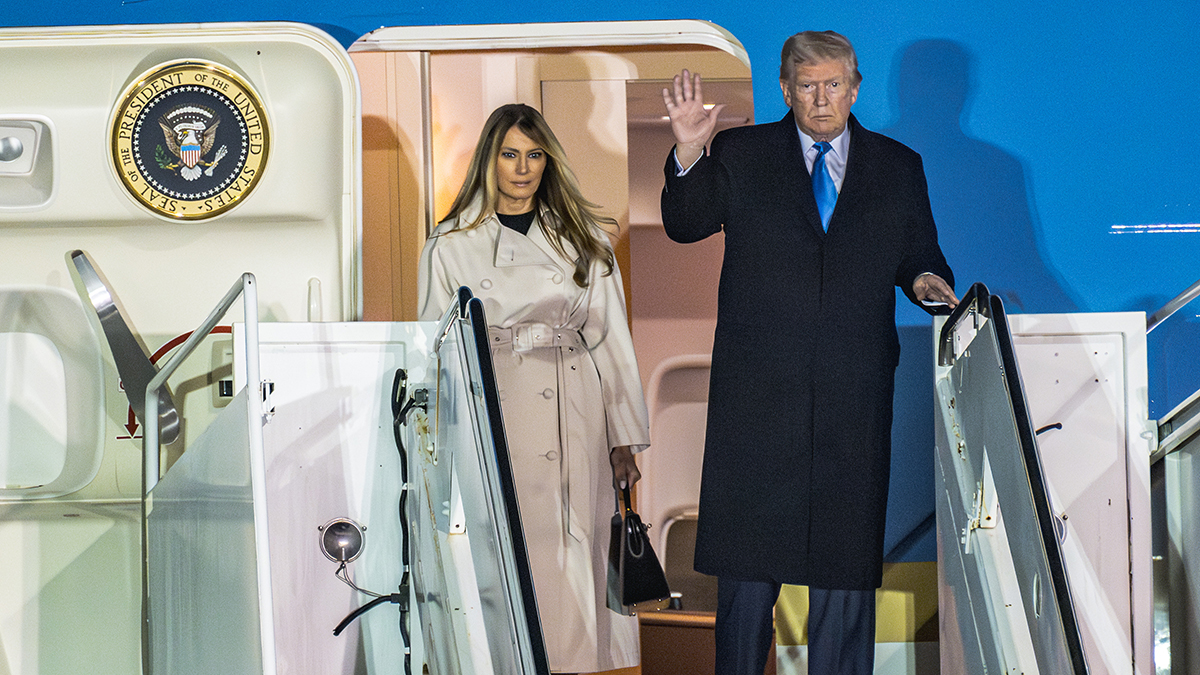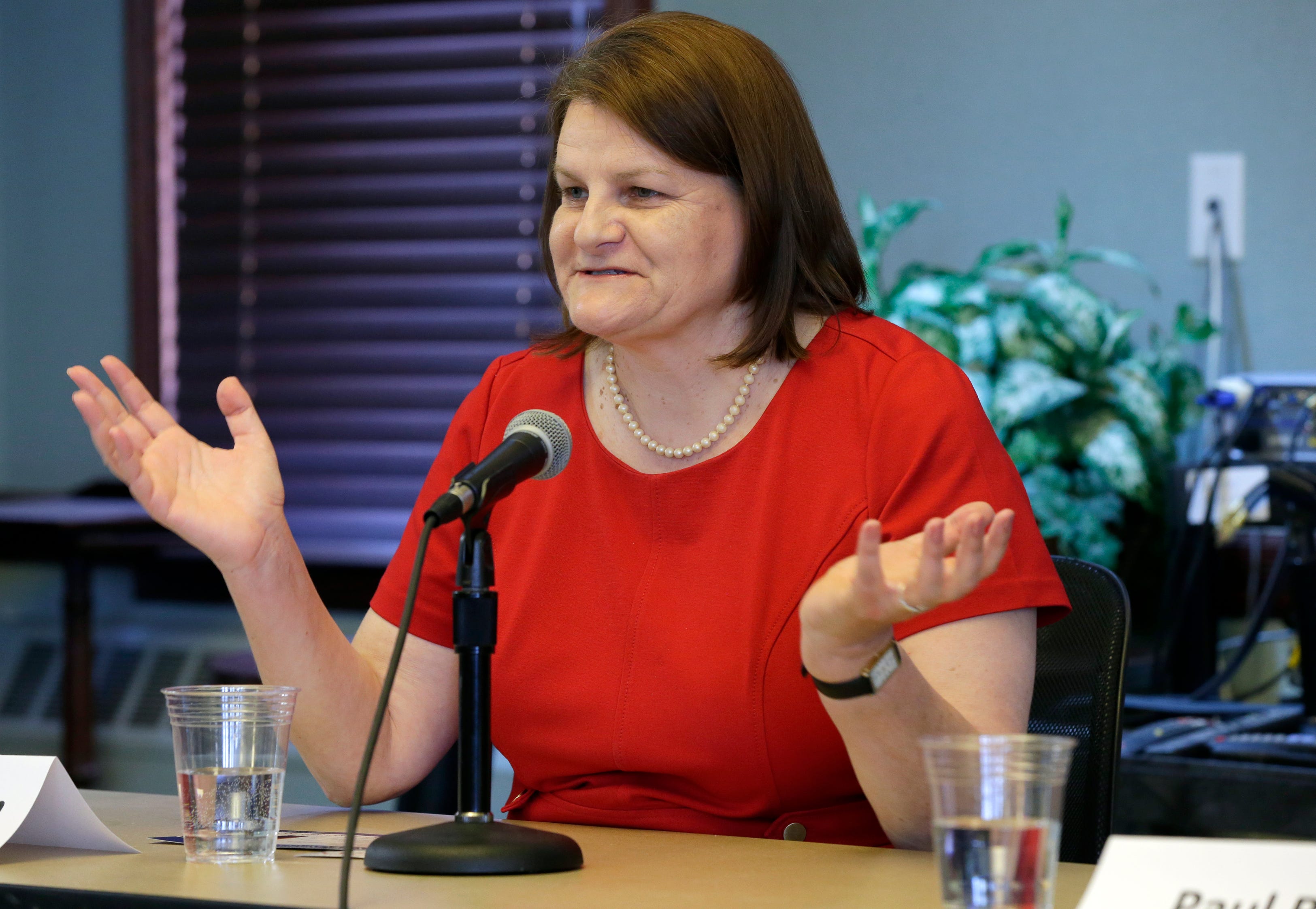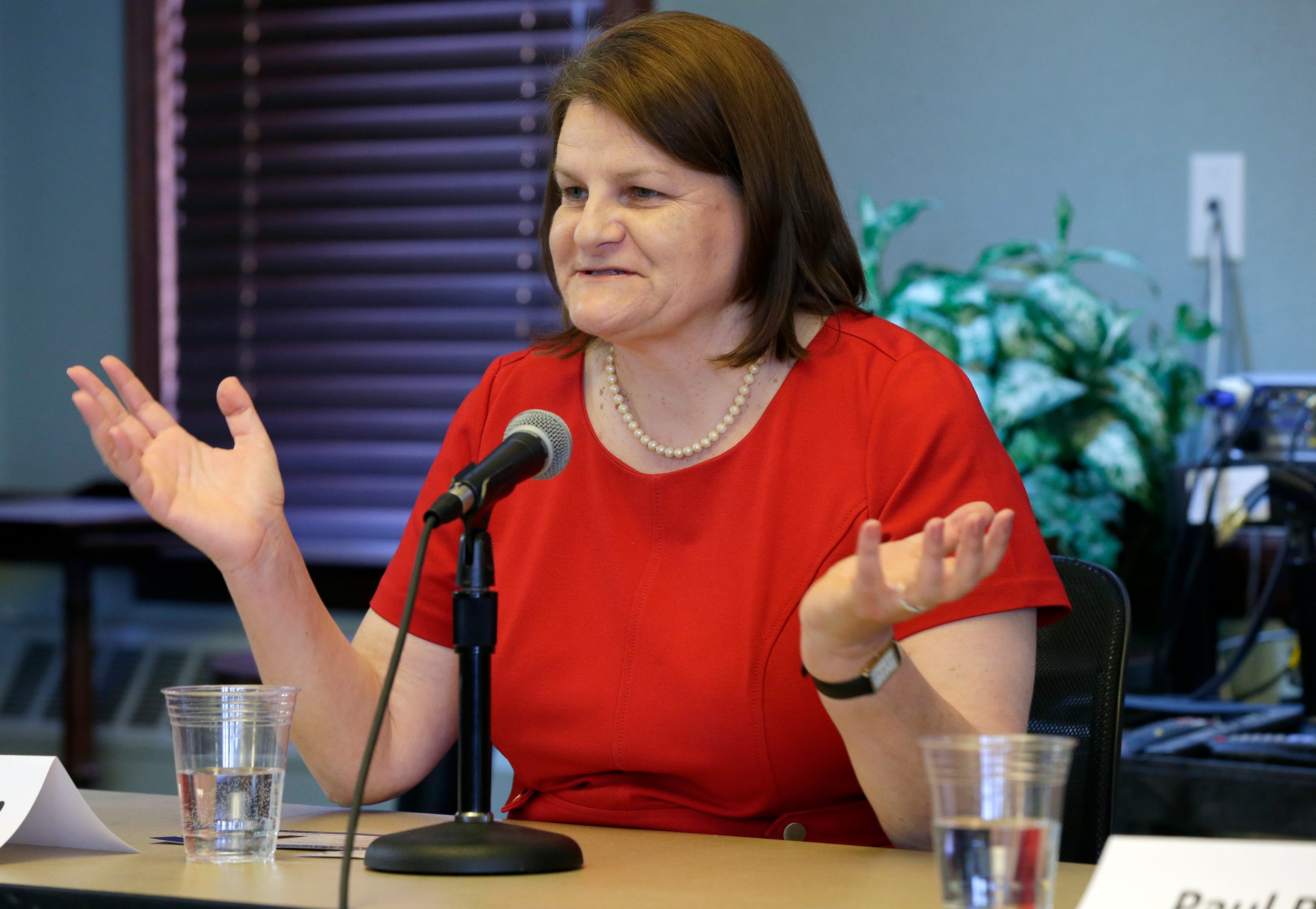Trump at Pope's Funeral: Santos Jailed! The Latest Shocks
Trump Attends Pope's Funeral as Santos Faces Prison: A Day of Shocks
Introduction: A Collision of Worlds
Friday, April 25th, 2025. Mark it on your calendars, folks, because today was a doozy. Imagine a day where a former President attends the funeral of a beloved Pope, while simultaneously a disgraced Congressman gets slapped with a hefty prison sentence. It sounds like the plot of a political thriller, doesn't it? But alas, it's reality. Let's dive into the whirlwind of events that unfolded, shall we?
Trump in Rome: Saying Farewell to a Pontiff
Donald Trump and First Lady Melania Trump have indeed touched down in Rome. But this isn't a campaign rally or a real estate deal. This is a somber occasion: the funeral of Pope Francis. Can you picture the scene? The grandeur of the Vatican, the mournful hymns, and… Donald Trump. It's certainly a juxtaposition.
The Significance of the Attendance
Now, you might be asking, why is this so important? Well, regardless of political affiliations, the death of a Pope is a global event. Attending the funeral signifies respect for the Catholic Church and its followers worldwide. It's a diplomatic move, a sign of unity in a time of grief, and a photo opportunity, let's be honest.
Speculation and Commentary
Of course, the arrival of the Trumps has already sparked a flurry of speculation and commentary. What will Trump say? Who will he talk to? Will he make any controversial statements? Only time will tell. But one thing is certain: his presence will be closely watched.
George Santos' Downfall: From Congressman to Convict
From the hallowed halls of Congress to the cold reality of a prison cell. Former Representative George Santos has been sentenced to a staggering 87 months (that's 7 years and 3 months!) on felony fraud charges. His meteoric rise and spectacular fall have been nothing short of Shakespearean, don't you think? This marks a dramatic end to his brief but intensely scrutinized political career.
The Charges and the Sentence
What exactly did Santos do to warrant such a harsh sentence? He was convicted on multiple counts of fraud, including wire fraud, money laundering, and making false statements to the Federal Election Commission. He essentially used campaign funds as his personal piggy bank. Not a good look, George.
Santos' Reaction: Blame Game and Calls for Intervention
In true Santos fashion, he didn't take the verdict lying down. He criticized the federal judge and, in a move that probably surprised no one, called on Trump to intervene. "This is a witch hunt!" he probably exclaimed. Whether Trump will heed his call is anyone's guess. Considering the circumstances, it seems highly unlikely.
The Impact on the Republican Party
Santos's actions have undoubtedly tarnished the image of the Republican Party. He was a walking, talking embarrassment, a constant source of negative headlines. His conviction further fuels the narrative of political corruption and erodes public trust. The party needs to distance itself from this scandal to rebuild its reputation.
Wisconsin Judge Arrested: Immigration Controversy
As if a Pope's funeral and a disgraced Congressman's sentencing weren't enough, a Wisconsin judge has been arrested by the FBI. The charges? She allegedly helped an undocumented immigrant avoid detention on an administrative immigration warrant. What a day!
The Details of the Allegations
The specifics of the case are still emerging, but the core accusation is that the judge abused her power to obstruct justice. She allegedly intervened to prevent the immigrant from being taken into custody by immigration authorities. This raises serious questions about judicial ethics and the rule of law.
The Implications for Immigration Policy
This arrest is sure to ignite further debate about immigration policy in the United States. Opponents of immigration will likely use this as evidence of a broken system, while supporters will argue that it's an isolated incident. Either way, it's a highly sensitive issue with passionate opinions on both sides.
Trump's Political Future: Post-Funeral Considerations
Okay, let's bring it back to Trump. Attending the Pope's funeral could be seen as a strategic move to court religious voters. Religion plays a significant role in American politics, and demonstrating respect for the Catholic Church could win him some favor. But will it be enough to sway the undecided? That's the million-dollar question.
Santos' Appeal: A Long Shot?
Could Santos appeal his conviction? Absolutely. Will he win? Probably not. The evidence against him was pretty damning, and the judge seemed to have little patience for his antics. But hey, stranger things have happened in the world of politics. Never say never.
The Media Frenzy: A 24/7 News Cycle
All of this is, of course, being amplified by the 24/7 news cycle. Every tweet, every statement, every facial expression is dissected and analyzed by cable news pundits and online commentators. It's a media feeding frenzy, and the public is caught in the middle. Are we really getting informed, or just entertained?
The Long-Term Effects: A Changed Political Landscape?
Will these events have a lasting impact on the political landscape? It's hard to say for sure. But they certainly highlight the deep divisions and tensions that exist in American society. They also serve as a reminder that no one is above the law, not even former Presidents or Congressmen (or, apparently, Judges!).
Public Reaction: A Divided Nation
Predictably, public reaction to these events has been sharply divided. Trump's supporters see him as a victim of a political witch hunt, while his detractors see him as a threat to democracy. Santos is widely despised, but some may sympathize with the Wisconsin judge, depending on their views on immigration. In a nation already fractured, these events only widen the rifts.
The Role of Social Media: Echo Chambers and Outrage
Social media, of course, is playing a huge role in shaping public opinion. Algorithms amplify outrage and reinforce existing biases. People retreat into their echo chambers, only hearing opinions that confirm their own. It's harder than ever to have a rational conversation about complex issues.
Looking Ahead: What Does the Future Hold?
So, what does the future hold? Will Trump run for president again? Will Santos ever be a free man? Will the Wisconsin judge be exonerated? Only time will tell. But one thing is certain: the world of politics is never dull.
Conclusion: A Day to Remember (or Forget)
From a former President attending a Pope's funeral to a disgraced Congressman being sentenced to prison, April 25th, 2025, was a day filled with drama, intrigue, and controversy. It's a day that will likely be remembered (or perhaps forgotten) as a snapshot of a deeply divided nation grappling with complex issues. It's a day that reminds us that truth is often stranger than fiction. And it's a day that leaves us wondering: what will tomorrow bring?
Frequently Asked Questions
- Why is Trump attending the Pope's funeral?
Attending signifies respect for the Catholic Church, offers diplomatic opportunities, and potentially appeals to religious voters.
- What were the specific charges against George Santos?
Santos was convicted of wire fraud, money laundering, and making false statements to the Federal Election Commission, essentially misusing campaign funds.
- What is the potential impact of Santos' conviction on the Republican Party?
It further damages the party's image, reinforcing narratives of corruption and eroding public trust. The party will need to actively distance itself.
- What are the implications of the Wisconsin judge's arrest for immigration policy?
It's likely to fuel further debate on immigration, with opponents citing it as evidence of a broken system, and supporters arguing it's an isolated incident.
- Will George Santos be able to appeal his sentence successfully?
While an appeal is possible, given the strength of the evidence against him, a successful outcome appears unlikely.


